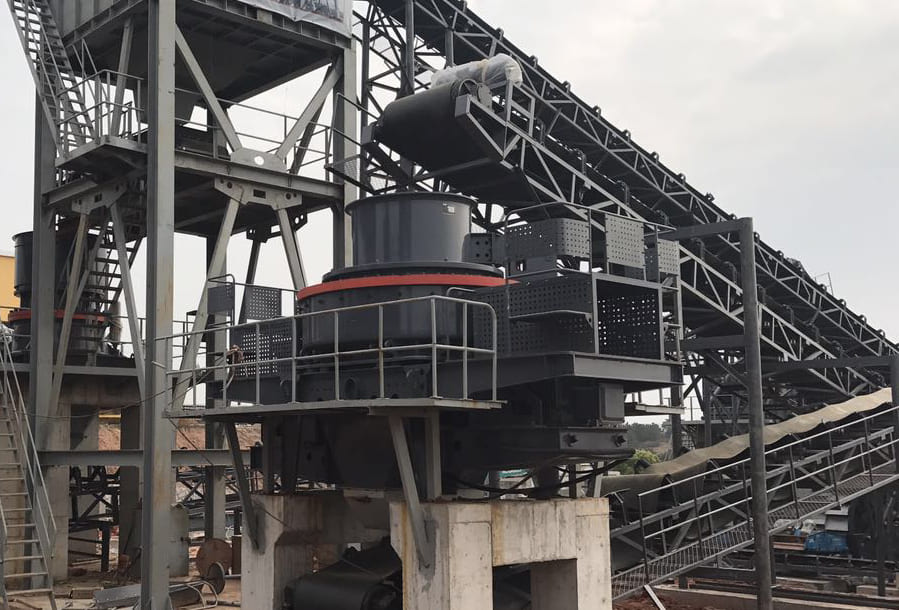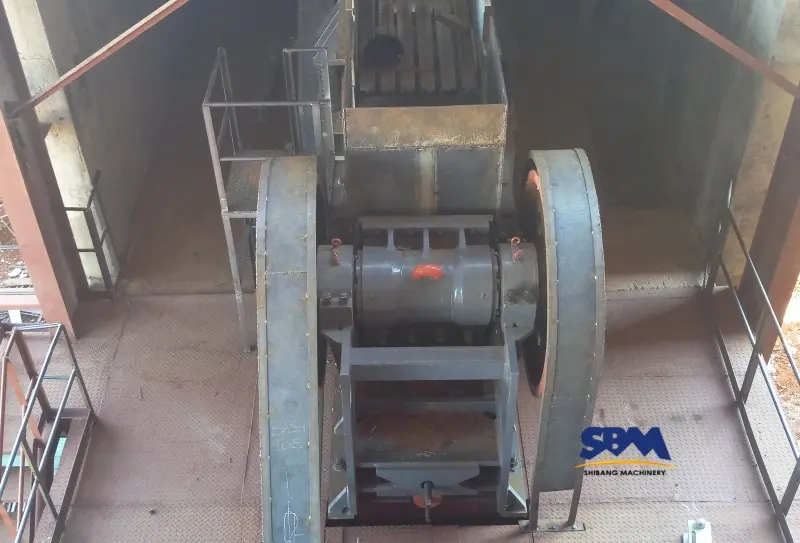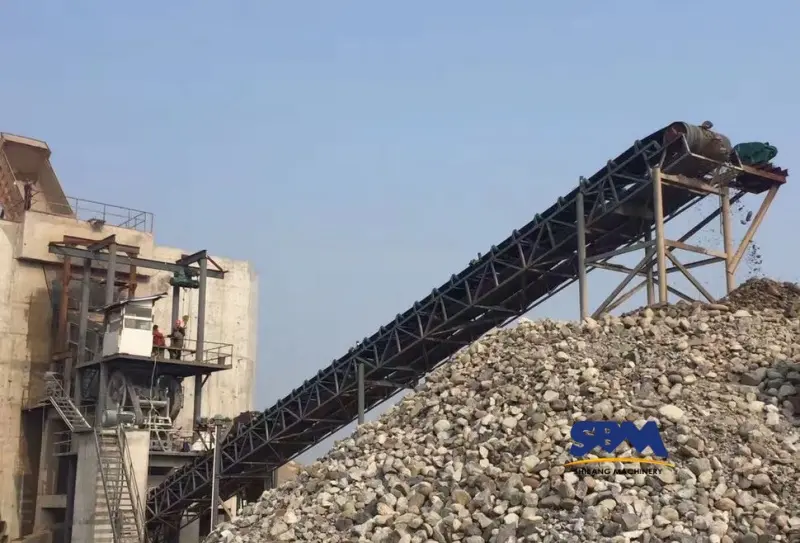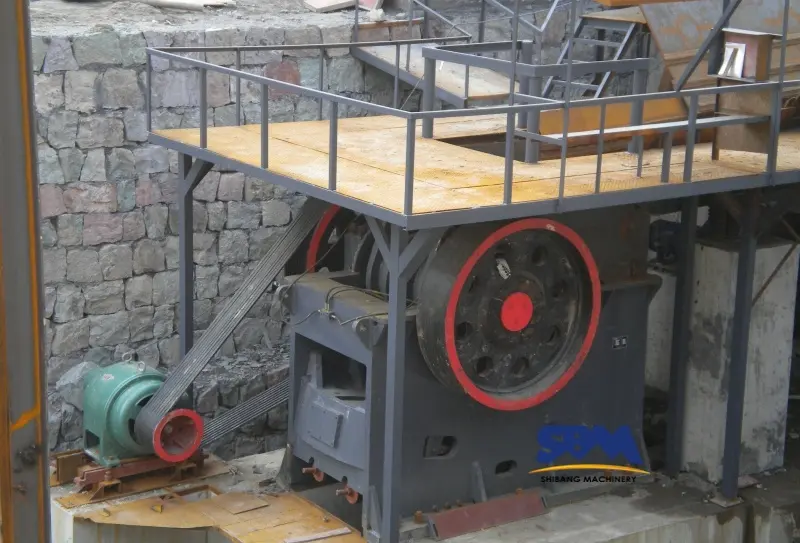E-mail: [email protected]
Noyau de sable faisant la machine: Fabrication de pièces, Assemblée, et fonctionnement de la machine
Sand core making machine plays a vital role in various industries, enabling the production of intricate sand cores used in casting processes. This article will delve into the process of fabricating and assembling the different components of a sand core making machine, as well as the subsequent machine operation and debugging.
Fabrication de pièces
The production of a sand making machine involves the creation of several crucial components. These components include the following:
- un) Frame and Base: The frame and base provide structural support to the machine. They are fabricated using sturdy materials such as steel or iron, ensuring stability during operation.
- b) Conveyor System: The conveyor system transports the sand and other materials within the machine. It consists of belts, rollers, and pulleys, fabricated to withstand the heavy loads and continuous operation.
- c) Sand Hopper: The sand hopper stores the raw material, allowing a steady supply of sand for the core making process. It is fabricated with durable materials and designed for easy loading and unloading.
- d) Mixing Mechanism: The mixing mechanism blends sand with binders and other additives to create a homogeneous mixture. It comprises motors, gears, and mixing blades, fabricated for efficient mixing and uniform distribution.

Assemblée
Once the individual components are fabricated, the assembly process begins. The following steps outline the assembly of a sand core making machine:
- un) Framework Assembly: The frame and base are assembled, ensuring proper alignment and secure connections. Precision measurements and welding techniques are employed to achieve a sturdy structure.
- b) Integration of Components: The conveyor system, sand hopper, mixing mechanism, and other relevant parts are integrated into the machine. Careful attention is given to proper alignment and secure fastening to ensure smooth operation.
- c) Electrical and Control System Integration: Electrical wiring, motors, sensors, and control panels are integrated to enable automated operation and precise control of the machine’s functions. Thorough testing and adherence to safety standards are crucial during this stage.
Machine Operation and Debugging
After assembly, the sand core making machine undergoes a series of operation and debugging procedures to ensure optimal performance. This includes:
- un) Power-Up and Initial Testing: The machine is connected to a power source, and initial tests are conducted to verify the functionality of individual components and the overall system.
- b) Calibration and Adjustment: Parameters such as sand-to-binder ratio, mixing speed, and conveyor speed are adjusted based on specific requirements. Calibration ensures consistent and accurate core production.
- c) Trial Runs and Quality Assessment: The machine is operated using sample materials to produce sand cores. The cores are inspected for dimensional accuracy, surface finish, and structural integrity, ensuring that the machine meets desired quality standards.
The process of creating a sand core making machine involves meticulous fabrication of various components, their assembly into a functional unit, and subsequent operation and debugging. The successful development of a well-designed and efficiently functioning sand core making machine is instrumental in enhancing the casting processes and productivity across industries.
Bureau du siège social
WhatsApp:+8615225176731
E-mail: [email protected]
Adresse: Non. 1688, Gaoke East Road, Nouveau quartier de Pudong, Shangai, Chine.
Site Internet: https://www.mill-sbm.com/
Contenu des articles
Messages récents
- Traitement du minerai d'or: Jaw Crusher EfficiencyEffective gold ore processing hinges on precise crushing operations, where jaw crushers convert rugged deposits into optimized feedstock. Discover how to fine-tune these machines for peak productivity without compromising worksite…
- Gravier de la rivière écrasant avec des brasseurs de mâchoireA cornerstone of modern construction, river gravel delivers unmatched toughness and adaptability for roads, béton, and erosion control. Yet its rugged, irregular nature demands machinery built to endure—enter jaw crushers.…
- Comment choisir la bonne taille de broyeur de mâchoire pour votre industrie?La sélection de la bonne taille de broyeur de mâchoire n'est pas un jeu de devinettes - c'est une science enracinée dans la dynamique des matériaux et le calcul opérationnel. Pour les industries, de l'exploitation dure-rock au recyclage du béton urbain, Même un…



